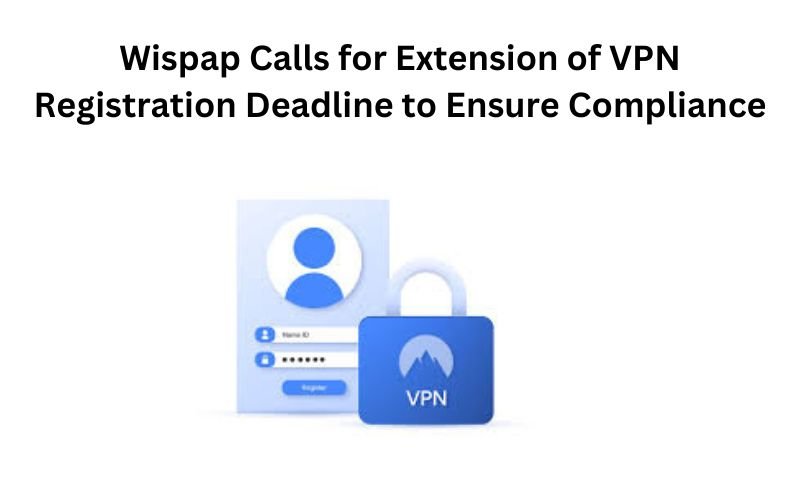Wispap Urges Extension of VPN Registration Deadline
The VPN registration closing date, set for November 30, has raised concerns. The Wireless and Internet Service Providers Association of Pakistan (Wispap) is urging the Interior Ministry to extend it. They agree that extra time will help users follow the manner and apprehend its protection benefits.
Surge in VPN Usage in Pakistan
VPNs are broadly used to access content material blocked in certain nations. In Pakistan, VPN utilization has surged. Many are using them to get entry to X (formerly Twitter), which has been banned since February. They also use VPNs to reach other websites.
MUST READ
Pakistan’s 21st Humanitarian Aid Shipment for Palestine and Lebanon Arrives in Syria
Earlier this month, the Pakistan Telecommunication Authority (PTA) introduced plans to restrict VPN use inside the future, citing issues over access to pornographic content. This observed a national disruption that left many VPN offerings nonfunctional. The PTA also stated the use of VPNs through terrorists to facilitate violent sports.
On November 15, the Interior Ministry informed the PTA to block all unlawful VPNs in Pakistan. This changed in response to using unregistered VPNs for having access to objectionable content material.
PTA Chairman Retired Major General Hafeezur Rehman told the Senate standing committee on IT that non-registered VPNs might stop working after the November 30 deadline for registration.
In response, Wispap sent a letter to the Interior Ministry, urging an extension of the deadline. The association argued that more time would allow users to adapt to the simplified registration process and increase compliance. Wispap also emphasized the significance of public focus campaigns to train customers on the need for VPN registration.
Wispap and other associations like P@sha (Pakistan Software Houses Association) believe that an extension would allow service providers to work more closely with customers, ensuring a smoother registration process. The extension would also help in building trust with hesitant users who are gradually recognizing the security benefits of registering their VPNs.
Wispap expressed its support for the government’s efforts to enhance cybersecurity and regulate VPN use. The association pointed out that many users had shown reluctance to register due to initial confusion about the process. However, with the registration process now simplified, Wispap believes that more users will comply.
The association also acknowledged the government’s recognition of the risks posed by rogue VPN servers. Unregistered VPN connections can expose users to malicious actors who might steal sensitive data. By encouraging VPN registration, the authorities pursuits to guard residents and strengthen Pakistan’s virtual.
Wispap concluded its letter by reiterating its commitment to working with the Interior Ministry and PTA to address any challenges and ensure the success of the VPN registration framework.
